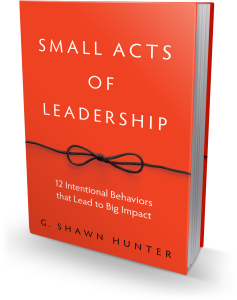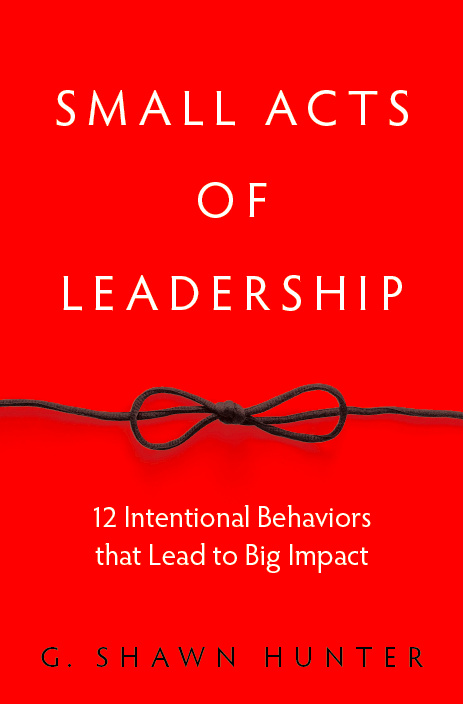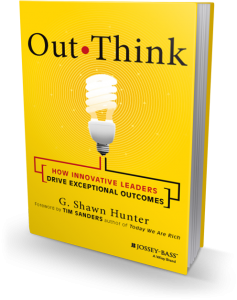A Mental Trick to Achieving Your Big Goals
O, the places you will go! In this season of graduation and change, anything is possible.
We’re told from a very young age we can do anything we set our mind to. Olympic gold medal winner Seth Wescott once signed a poster for our son, and wrote on it, “Go big! Live your dreams.”
Sometimes our dreams are accomplished, and sometimes they go unfulfilled, for years and even decades. Remember the movie, Up, in which it took a lifetime to get to Angel Falls?

For example, those enrolled in a weight reduction class, who most earnestly envisioned fantastic weight loss, and a brand new body, had the least amount of weight loss six months, and one year later. And later regained most of what they lost.
In the study, researchers Gabriele Oettingen and Thomas Wadden asked the participants at the beginning of the study to finish hypothetical scenarios. For example,
You have just completed a year long weight loss program. Tonight you have made plans to go out with an old friend whom you haven’t seen in about a year. As you wait for your friend to arrive, you imagine ….
Those who fantasized about a transformed body, and significant weight loss, turned out to be the least likely to be successful after 17 weeks and 52 weeks. Oettingen found other examples of how grand fantasies sabotaged goals: College graduates who dreamed of excellent future jobs, had fewer offers, and submitted fewer applications, than those who had lesser aspirations.
Aspiration is good. Dreaming and fantasizing about future success gives direction to our energy, but not momentum. We need to add some intelligence to our motivational strategies. Here is a simple strategy Oettingen has found to work in many different goal settings.
How Does It Work?
First, identify a wish that is dear to you. Hold that in your mind. It should be a goal that is both challenging, yet possible to be self-fulfilled. In other words, it’s a dream that doesn’t require you to control external forces like the stock market or the weather. The goal here is to identify what is both challenging in your life, yet feasible.
Next, identify in your mind what is the best possible outcome of that specific goal. And here’s the reframing part: Instead of focusing on the end result, ask “What is it within me that stands in the way?” To put it another way, think of the obstacles that will occur along the path to accomplishing your goal, and what you can do specifically to counteract each obstacle.
The key here is to be specific about planning on doing specific actions when anticipated obstacles arrive. So tell yourself, “When obstacle X presents itself, I will do Y instead of what I usually do.”
What we are doing in this exercise is starting with the idealized future and then contrasting that with current reality. This is what Gabriele Oettingen calls Mental Contrasting. It’s the contrast between an envisioned goal, and the reality of how we currently confront obstacles that stand in our path to achieving these goals.
Why Does It Work?
The reason this technique of mental contrasting works is that our subconscious mind is lazy and prefers routine and habit. Left alone, we will likely fall into our familiar routines and ruts. By forcing ourselves to acknowledge realities and obstacles, and then visualize how we will deal with each roadblock, we create a mental plan of action for taking small, incremental steps toward our goals.
Another useful aspect of mental contrasting is that it helps us understand what to let go of. For example, our friend dreamed of owning a 42-foot school bus and completely renovating the interior to be a beautiful custom mobile home, complete with a kitchen, bedroom, storage, and more. He even purchased a bus, which then sat in his driveway for a few years tormenting him as a reminder of unfulfilled dreams.
But instead of languishing over an unfulfilled dream, he redefined the goal, and changed the path to achieve it. He sold the bus and bought a cool Mercedes utility van which he refurbished to travel in, and is now out smiling on the open road.
Dream big, and then hold that dream against the reality of how you deal with each obstacle along the way.
- You might enjoy this related article
- Join my Email updates for more realistic optimism
- Learn more about my Speaking work
- Pre-order Small Acts of Leadership
- Still clicking? Check out Mindscaling
- ____________________________________________________

Twitter: @gshunter
Say hello: email@gshunter.com
Web: www.shawnhunter.com



 Shawn Hunter is President and Founder of
Shawn Hunter is President and Founder of  Shawn Hunter is President and Founder of
Shawn Hunter is President and Founder of 
 Shawn Hunter is President and Founder of
Shawn Hunter is President and Founder of 

